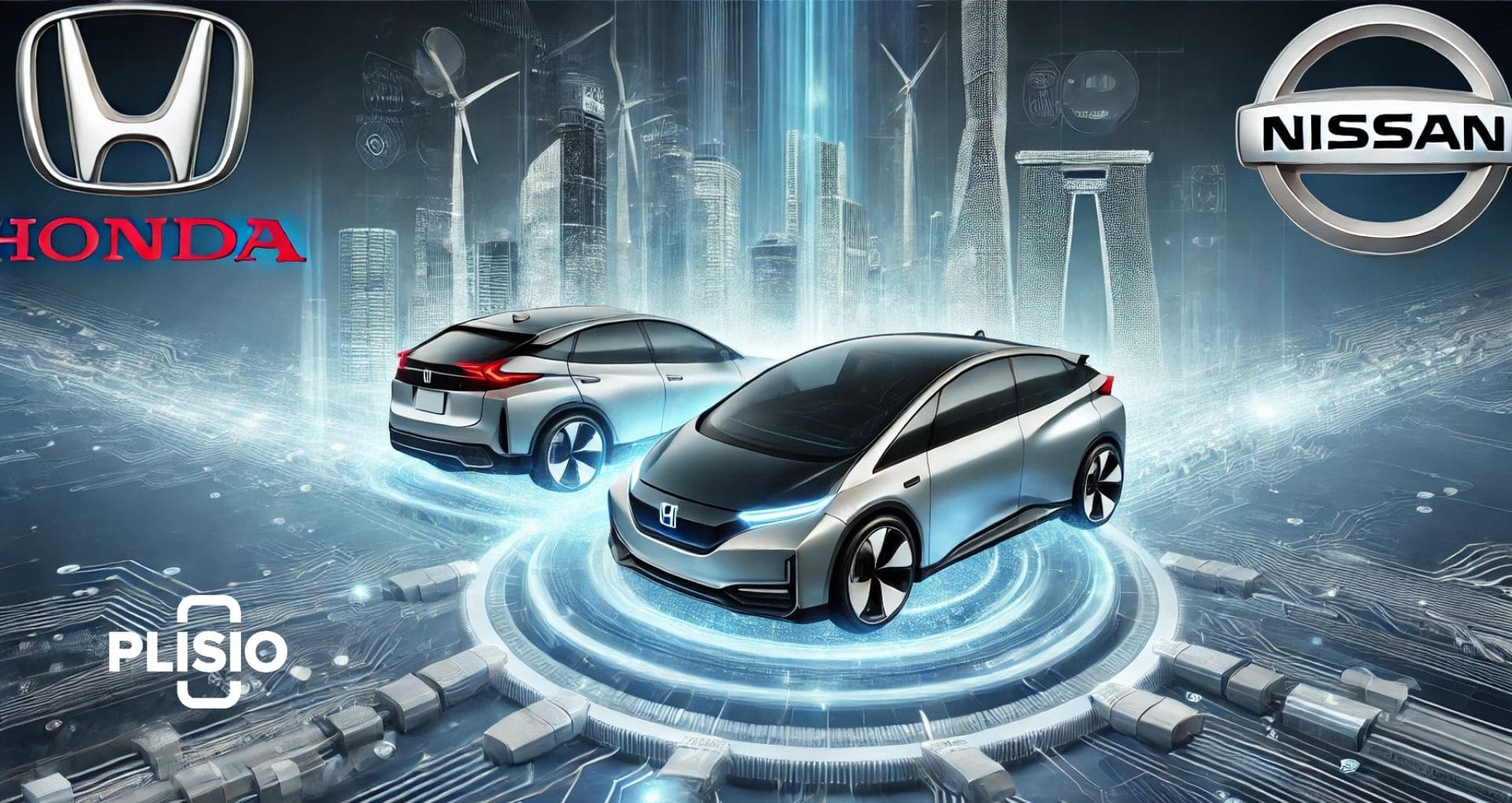Honda and Nissan Merger Talks: What Went Wrong and What Comes Next

The automotive industry has seen significant transformations in recent years, with mergers and acquisitions becoming a key strategy for survival. One of the most anticipated deals was the proposed Honda and Nissan merger, which aimed to create an industry powerhouse. However, despite initial enthusiasm, the negotiations collapsed. This article explores the reasons behind the failed Nissan and Honda merger, its impact on both companies, and what the future holds for the two automotive giants.
The Collapse of the Honda-Nissan Merger Talks
In December 2024, Honda and Nissan merger talks began with the goal of forming the world’s third-largest automaker. However, by February 2025, negotiations had collapsed due to major disagreements between the two companies.
Key Reasons Behind the Failed Merger
One of the primary reasons for the breakdown in talks was Honda’s proposal to make Nissan its subsidiary, contradicting the initial vision of an equal Nissan Honda merger. Nissan’s leadership perceived this as a threat to its autonomy and long-term potential. Additionally, Honda pushed for deeper job cuts and factory closures, which added further tension to the negotiations.
Historical Context of Honda-Nissan Collaboration
Although Honda and Nissan have been competitors for decades, there have been previous discussions about potential collaborations, particularly in the areas of electric vehicle technology and autonomous driving. However, no significant joint ventures materialized before this recent attempt at a Honda and Nissan merger.
Financial and Market Consequences
The failure of the Nissan merger had a noticeable impact on both companies. Nissan’s stock price took a hit, with investors expressing concerns over the company’s long-term stability. Honda, on the other hand, saw a more moderate reaction, as analysts believed the company could still pursue alternative growth strategies without Nissan.
Alternative Partnerships for Nissan
With the merger off the table, Nissan is actively exploring other strategic partnerships. One potential collaborator is Taiwanese electronics giant Foxconn, which has shown interest in co-developing electric vehicles. This could provide Nissan with a competitive edge in the growing EV market.
Honda’s Stand on Potential Future Talks
Honda has indicated that it is open to reviving Nissan and Honda merger discussions if Nissan president Makoto Uchida steps down. This stance highlights Honda’s desire for a leadership change at Nissan before considering further negotiations.
Government and Regulatory Influence
The Japanese government has historically played a role in major corporate mergers, often encouraging domestic automakers to consolidate in order to compete globally. However, there were no direct government interventions in the Honda Nissan merger talks, as officials preferred to let market forces determine the outcome.
Broader Implications for the Auto Industry
The failed Nissan Honda merger underscores the current challenges facing the global automotive industry. Increasing competition from Chinese automakers, the shift toward electric vehicles, and stricter environmental regulations are forcing traditional car manufacturers to rethink their strategies and seek new partnerships.
The potential for future Honda and Nissan merger talks remains uncertain, but both companies will need to navigate these challenges carefully to stay competitive in the evolving market.

